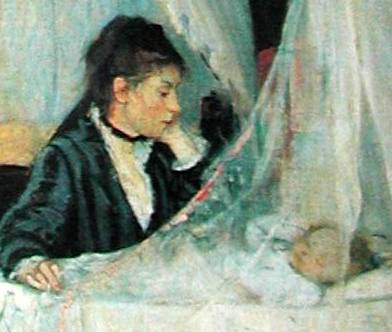 |
| HOME | GLOBAL | DISTRICTS | CLUBS | MISSING HISTORIES | PAUL HARRIS | PEACE |
| PRESIDENTS | CONVENTIONS | POST YOUR HISTORY | WOMEN | FOUNDATION | COMMENTS | PHILOSOPHY |
| SEARCH | SUBSCRIPTIONS | JOIN RGHF | EXPLORE RGHF | RGHF QUIZ | RGHF MISSION | |
|
|
|
Joseph L. Kagle, Jr. Peace Essays
|
|
Sometimes you think that all your parenting goes not get across and then one day you find that you have made inroads into your education. So it is with the public outside the circle of your family. You can make inroads that seem to gain no reaction and then all at once, one day, you find that there has been an impact upon the society and community in which you live. Peace is that kind of process. You try, you hope, and sometimes you find that you have made a difference.
Once a Winner The other day, on returning home from work at five o'clock, I came into the family room and overheard a conversation on the phone. "Yes, there is the written part, which has to be correct, but it is the small things that work together. Winning are a lot of things: the right mood, all the work, plenty of help, luck, and creating something that is tailored to fit your personality. I was not as strong in the figures as I was in promotion and personality. At the end, when we went to Nationals, it was the small things that I adjusted that allowed me to win. You can be sure that by the time you get to Nationals, all the entries are good. It takes someone who has the combination of a well-written paper and a strong defense to win it all . . ."
I listened with interest for over half an hour to my daughter telling some individual on the other end of the line what it takes to be a winner. As a father, I was proud that she had learned this by the age of nineteen. Some never learn the lesson that winning can give them. I was curious about who was calling, but did not have to ask. "Dad, you know where that person was calling from? Colorado. I knew it was special when I had my paper published and sent out to all the high schools in the country, but it sinks in when someone from Colorado calls you for advice on winning. He had gone to Nationals last year in Florida for DECA but did not win. This year, he called me to get some hints on winning. You know, if you multiply my essay by one phone call from Colorado, it makes it something special."
As she was talking, I pictured in my mind the insecure girl of seventeen who told us, "You have destroyed my life," when we moved to Texas. My wife was smart enough to say, "No, we have changed it. It is up to you to destroy it." During the year, my daughter joined D.E.C.A., the business club, wrote a forty-page paper on entrepreneurship for a State of Texas competition, won at regionals, at state, and then won the national award for entrepreneurship. One of the prizes was having her paper published and distributed to all the high schools in the country. At the time, I saw a difference that began to emerge after the competition in Salt Lake City. She knew in a special way that she was a winner.
This would be a better country if this sense of being a winner was part of how we approached education. It is not the collecting of data or information that makes a person know the feeling of winning; it is finding the ingredients of self and blending them with things in the world. When self and systems go together well, in harmony, the individual exudes a winning attitude. They think of themselves as winners.
"Was that a mistake on your part?"
Winner's answer: "No, that was a learning experience. I will do better next time and the time after that."
The other night on a television report card on the nation, I was shown children who were failing English teaching 1st and 2nd grade children how to read, write and speak. They learned as they taught. The winning in education for the older children who were asked to teach younger children was build upon an emotional and physical foundation with a little bit of the intellect. When the process progressed, the older children supplied a great deal of intellect to their teaching because that was what was demanded from the 1st and 2nd graders.
Every child can be a winner if our society would follow the 16th century English maxim: "First you shoot the arrows; then you paint the targets."
Too often in our society when people look at winning, they think only of the final award, but winning is self-actualization. If winning is only bettering others and not bettering you, it is a hollow victory. Winning, in the best sense, is what Martha Graham stated, "I am only in competition with that person I know I can become." |
| RGHF peace historian Joseph L. Kagle, Jr., 3 September 2006 |
